
Team ViRe. From right to left, from front to back: Katharina Lobinger (Project Leader), Federica Serrao (Student Research Assistant), Petra Mazzoni (Research Assistant), Rebecca Venema (Associate Project Member), Federico Lucchesi (PhD Student), Seraina Tarnutzer (Research Assistant), Luca Calderara (Student Research Assistant).
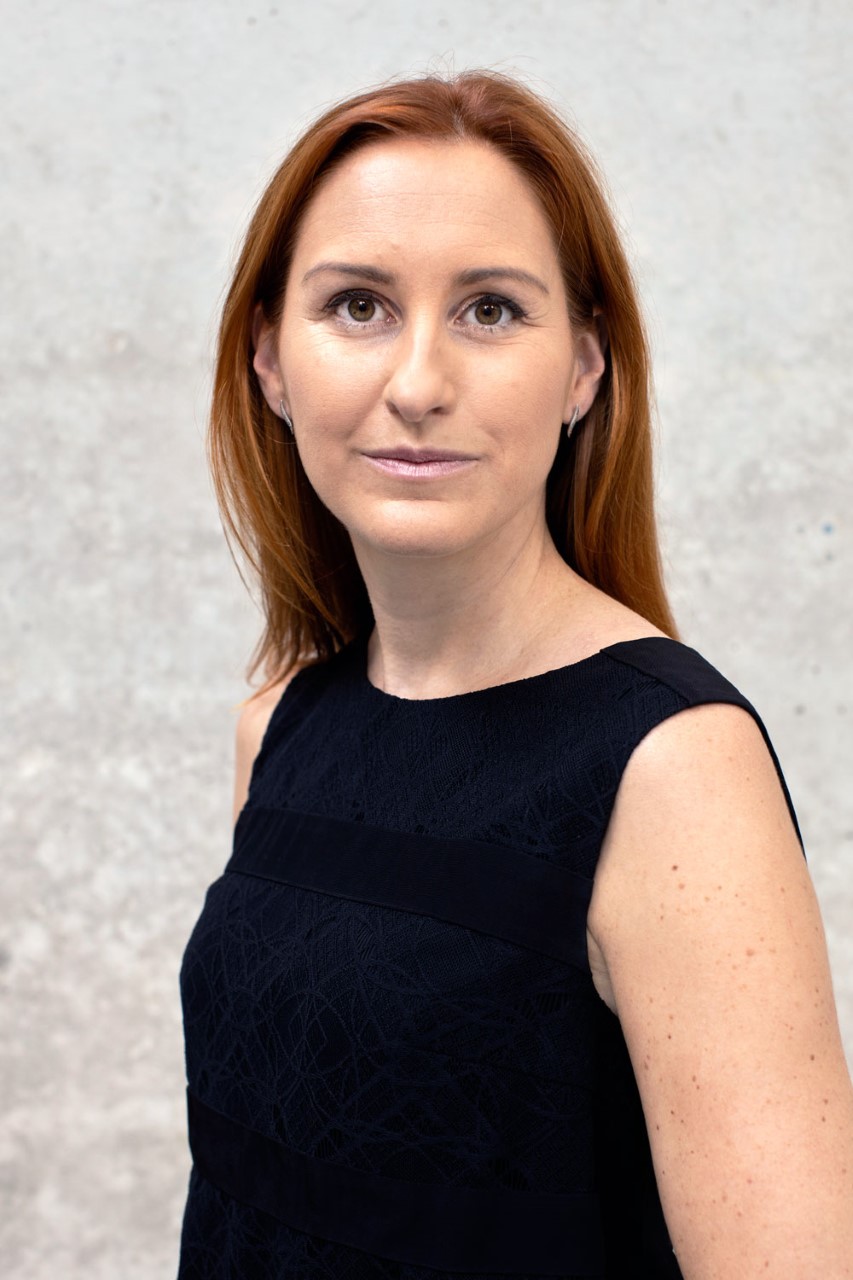
Katharina Lobinger is vice-president of the Swiss Association of Communication and Media Research (SGKM, SACMR), chair of the visual communication division of the German Communication Association and member of the extended steering group of the ECREA Temporary Working Group “Visual Cultures”. She is editorial board member of SComS - Studies in Communication Science, an international open-access journal jointly edited by the Swiss Association of Communication and Media Studies (SGKM) and the Faculty of Communication, Culture and Society at USI.
She is also editor of the Handbuch Visuelle Kommunikationsforschung, published with Springer.
Katharina Lobinger obtained her Ph.D. in Journalism and Communication at the Department of Communication, University of Vienna in 2010. Her thesis on Visual Communication Research was awarded the Doctoral Dissertation Award “Media-Culture-Communication”. Before joining USI she was Doctoral Researcher at the Department of Communication at the University of Vienna (2007-2011), Post-doctoral Researcher at the Centre for Media, Communication and Information Research (ZeMKI), University of Bremen (2011-2016) and Associated Junior Fellow at the Institute of Advanced Studies (HWK), Delmenhorst (2014-2016).
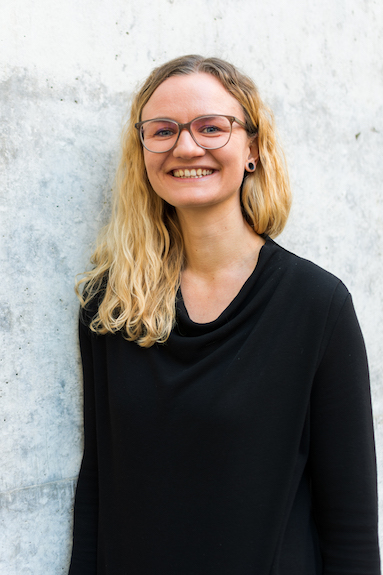
She is early-career scholars’ representative of the visual communication division of the German Communication Association.
From 2013 until 2017 she was research associate at the Centre for Media, Communication and Information Research (ZeMKI) at the University of Bremen. She holds a BA in Sociology, Political Science and Media Studies from the University of Siegen and a MA in Communication and Media Studies with a specialization in Empirical Communication Research from Leipzig University.
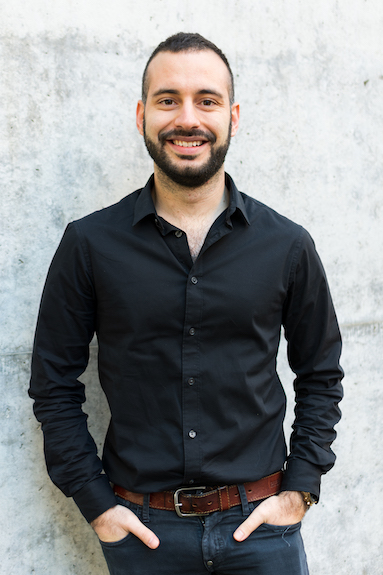
Federico Lucchesi is a Research Assistant and PhD Student at the Institute of Digital Technologies for Communication at USI-Università della Svizzera italiana. His main research interests include digital communication, social media, micro-sociology of interpersonal communication, psychology of communication and creative visual methods.
He holds a BA in Communication Sciences and a MA in Advertising and Communication for the Public and Private Sectors, both achieved cum laude at Università Cattolica del Sacro Cuore in Milan.
From 2012 until 2018 he also worked for several international companies as a journalist, communication specialist, copywriter and qualitative market researcher.
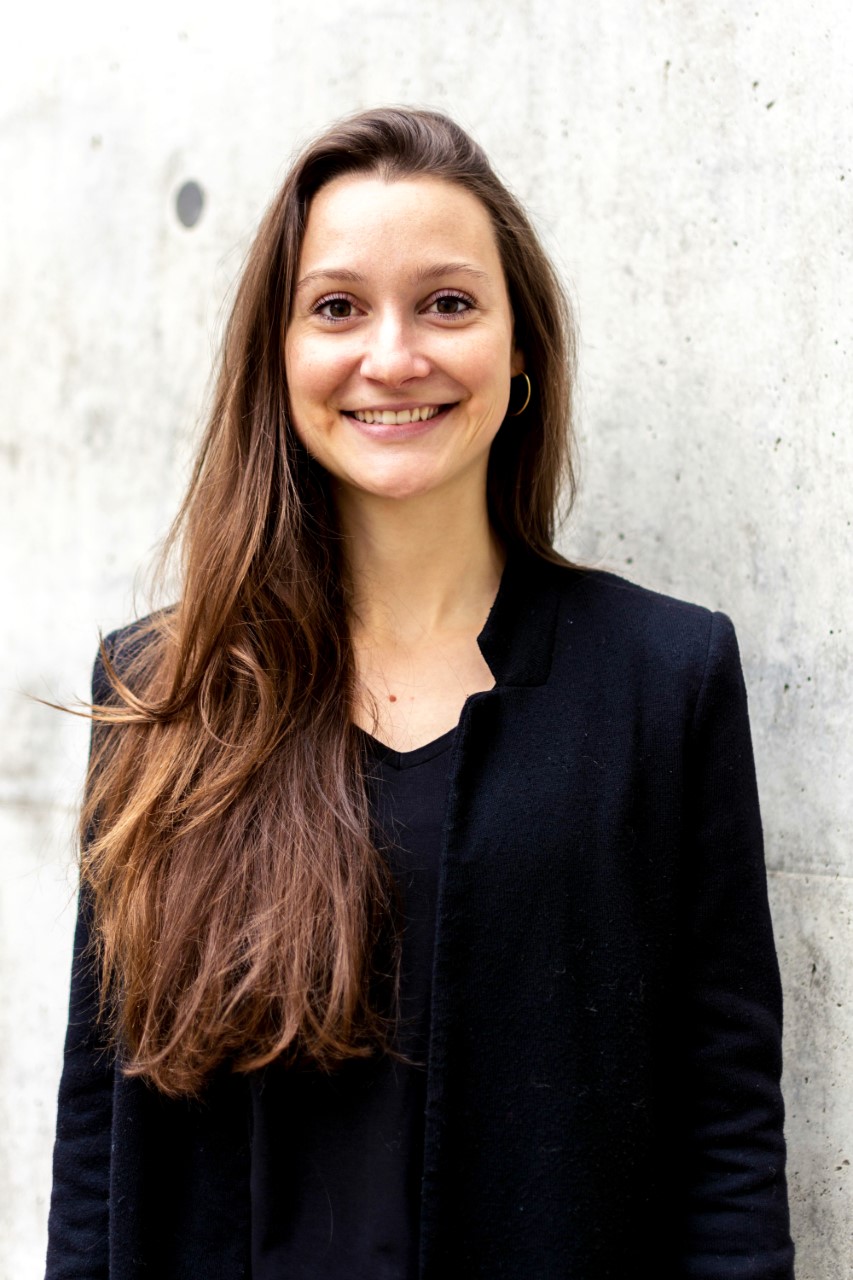
Seraina Tarnutzer is a Research Assistant and PhD Student within the project. Her research interests include, among other areas, (visual) everyday and interpersonal communication, creative visual methods, multilingualism in research designs, image analysis methods and in general the intertwining of Media Science and Art History.
She obtained both her Bachelor and Master’s degree at the University of Basel, with a Major in Media Science at the Department of Media Science (SfM) and a Minor in Art History at the Department of Art History.
Before joining USI, Seraina Tarnutzer has also been working as a Student Researcher in the Research Project "Service Public: Public Acceptance and Future Opportunities", a joint Project of the Institute for Multimedia Production (IMP) of the HTW Chur and the Department of Media Science (SfM) of the University of Basel. Besides, she has been tutoring at the Department of Art History at the University of Basel and has worked as a Social Media Manager for an international Festival.
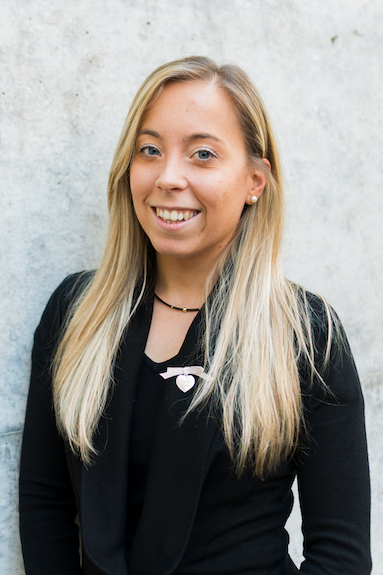
She is also the General Coordinator of the Local Organising Committee (USI and City of Lugano) of ECREA 2018 Lugano - 7th European Communication Conference (ECC) "Centre and Peripheries: Communication, Research, Translation"; main association ECREA: European Communication Research and Education Association.
Petra Mazzoni obtained her Master in Media Management, minor in Digital Communication and Content Design, at USI in 2018. Her main interest includes digital communication and project management. Through the Bachelor's thesis and the Master's thesis she had the possibility to investigate the digital communication of the media: Radio and TV. Furthermore, she deepened the study of the use of media, especially by young Swiss people, through the collaboration with the Institute of Media and Journalism (IMeG), USI, as student assistant for "MIKE 2017 survey" and as co-coordinator of "JAMES 2018 survey".
Petra Mazzoni also worked as journalist at the radio station Rete Tre (RSI Radiotelevisione svizzera di lingua italiana) and as Manager of Communication and Marketing of the school Collegio Papio.
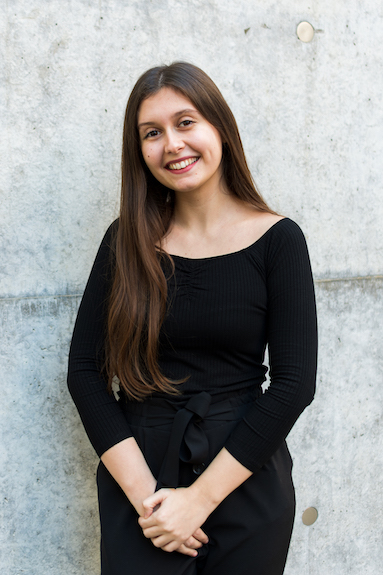
Since May 2019, Federica Serrao is the director of L'universo, the students' independent university paper, monthly publication attached to Corriere del Ticino.
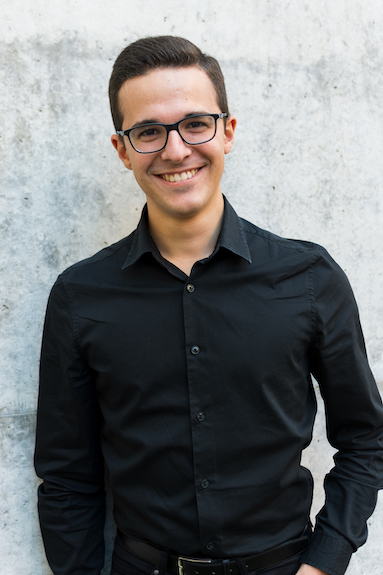
Luca Calderara is also Vice President, Head of Communication and coach of the U16 group of the sports team Atletica Mendrisiotto, as well as Head of Communication at the Federazione Ticinese di Atletica Leggera (FTAL). He also worked as a correspondent for the RSI radio program "Tutorial", and was co-author of the book "Atletica Helvetica"
Università della Svizzera italiana (USI) is one of the 12 certified public universities in Switzerland and member of swissuniversities. It is organized in five faculties and is active in several study and research areas, among which: architecture, communication sciences, computational science, data science, economics, health studies, humanities, informatics, law, medicine and biomedicine.
USI is a young and lively university, a hub of opportunity open to the world where students are offered a quality interdisciplinary education in which they can be fully engaged and take centre stage, and where our researchers can count on having the space to freely pursue their initiative.
Around 2800 students and about 800 professors and researchers, hailing from over 100 countries, convene every day on the three campuses in Lugano, Mendrisio and Bellinzona. The relatively small size of the campuses encourages the free flow and open exchange of ideas within the academic community. USI encourages faculty, students and researchers to develop their potential, and appreciates their curiosity and willingness to experiment with new ways of thinking, learning, teaching and working.
Established in 1996, USI is in constant evolution, always taking on new challenges while remaining true to its three guiding principles: quality, openness and responsibility.
The Institute of Digital Technologies for Communication (ITDxC) studies the interactions between information technologies and human communication processes. Such interactions are bidirectional: on the one hand, information technologies allow us to design innovative tools, which dramatically change the landscape of human communication; on the other hand, theories of human communication may have a remarkable impact on how communication between software systems is conceived.
Currently, the main themes of interest at ITDxC are:
- eLearning: relationship between education, communication and digital technologies, with a special focus on instructional design, quality, and informal learning. This theme of research is mainly realized in the New Media in Education (NewMinE) laboratory.
- eTourism: the role of ICT in the tourist communication, with a special focus on on-line word of mouth, digital reputation, and eLearning in tourism. This theme of research is mainly realized in the webatelier.net laboratory.
- ITDxC: Information and Communication Technology for Development, the study of the impact of ICT in developing countries, with special attention to the sustainability dimension. This theme of research is mainly realized in the New Media in Education (NewMinE) laboratory.
- Use of Semantic Web Technologies and Normative Systems for regulating the access, the collection, the management, and the combination of data available on the Web (Web of Data and Linked Data).
- Application of the theory of communication and of the construction if institutional reality for modelling distributed software systems.
- Digital fashion stands for the use of digital technologies in the fashion domain. At ITDxC different facets of digital fashion are studied: from the evaluation of online communication strategies used by the fashion brands, to the understanding of the technological use in the marketing activities, to the assessment of requested competences and skills.
- Networked photography, online communication, digital (visual) culture, ethics for the digital age, and creative and visual research methods.
- Study of software tools and technologies for supporting the communication and the interaction among human beings: semantic web, web services, e-commerce, e-government, and so on.



